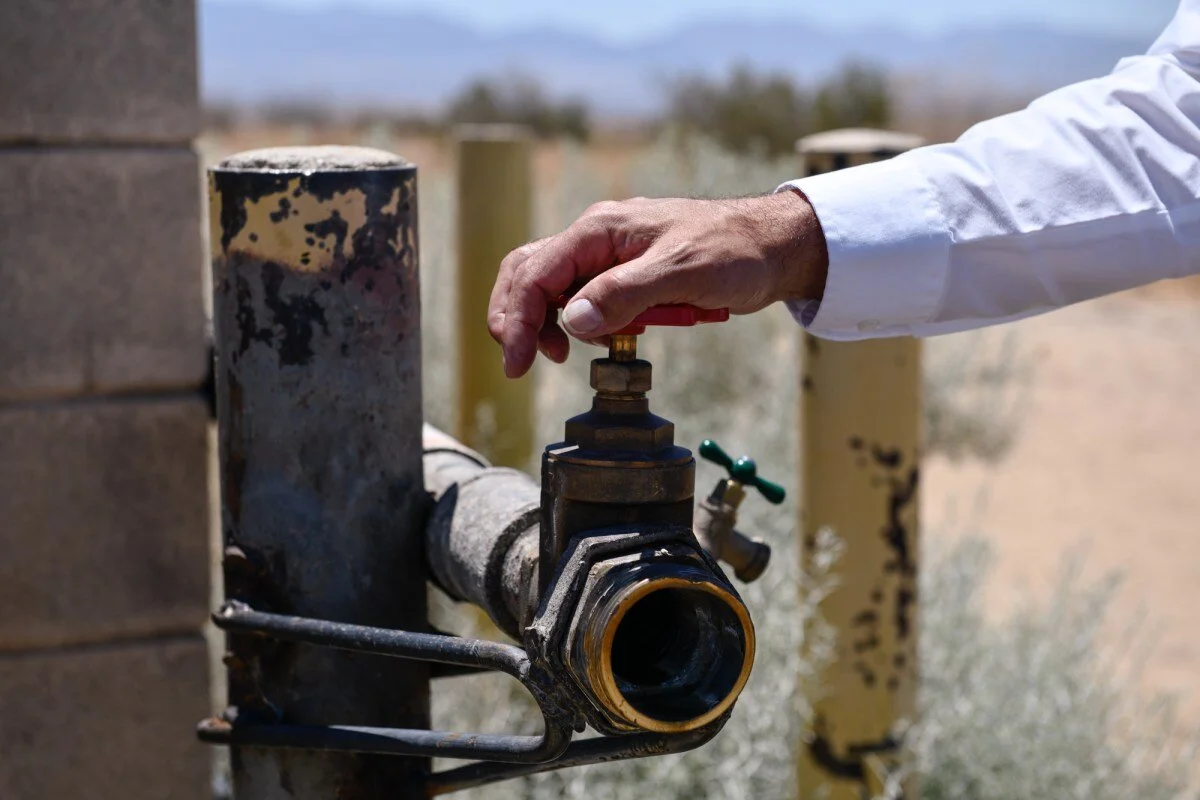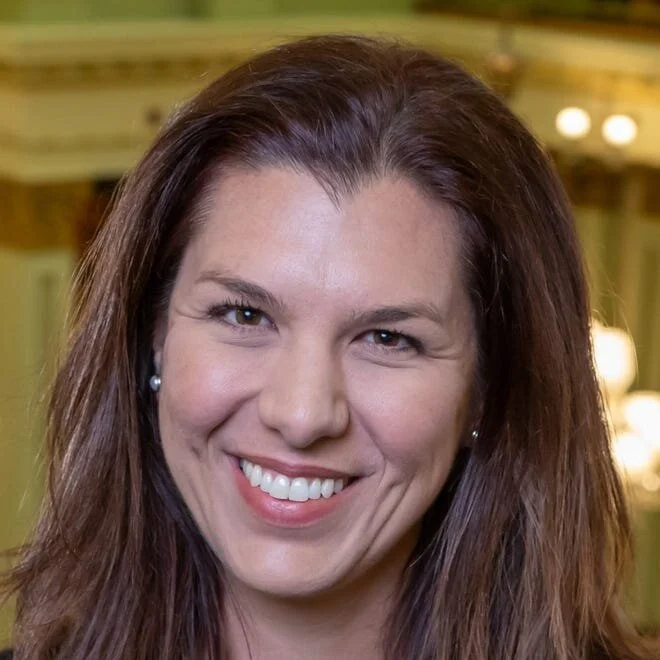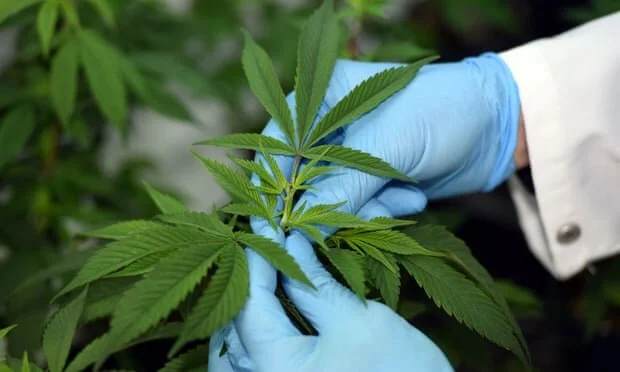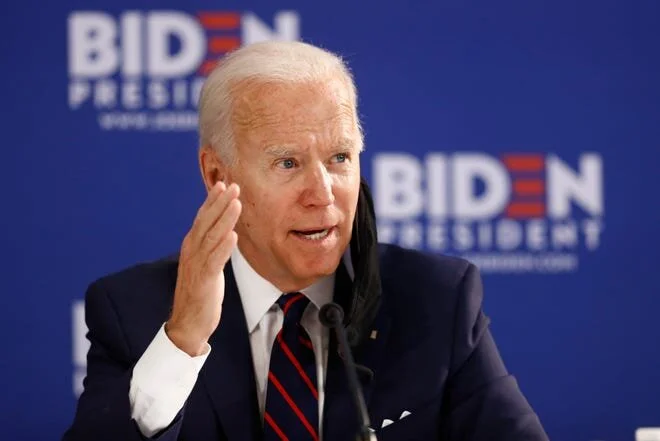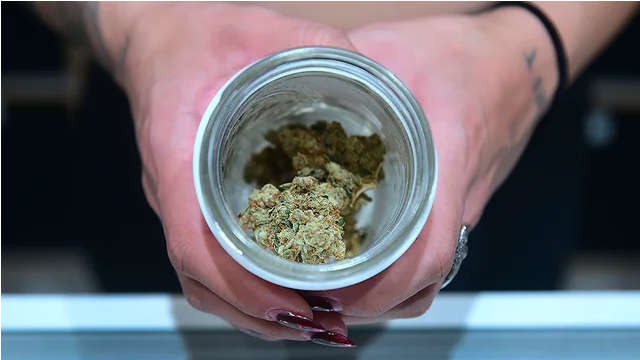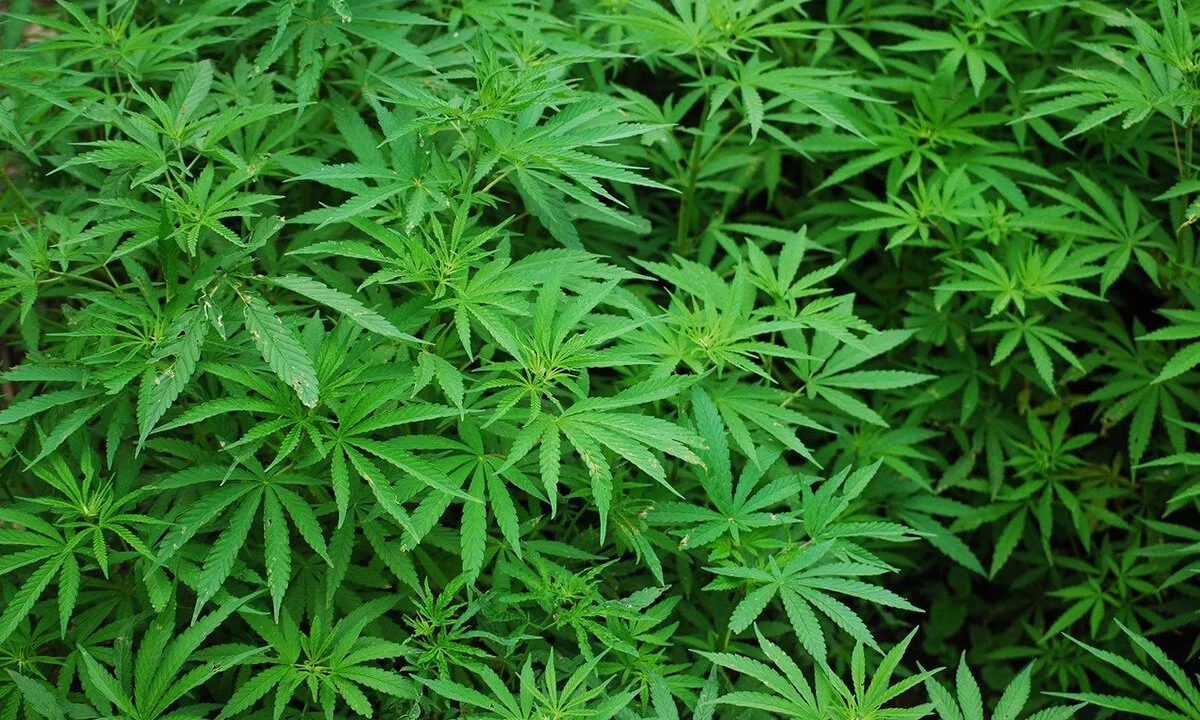Another sad story of loss brought to us by the marijuana industry.
/By Aubree Adams
I absolutely loved living in Colorado.
Family-oriented Pueblo is the state’s best-kept secret. Lake Pueblo, Pueblo Mountain Park, and Devil’s Canyon are perfect places to hike. We lived in an old Craftsman home in the historic district, with a beautiful garden and wonderful neighbors. I felt like I was living in a dream.
And then legalized marijuana came, and everything changed. It’s taken nearly a decade for Colorado’s elected leaders to understand the damage pot is doing to our children. I saw it years ago.
My eldest son entered eighth grade in 2014, the year recreational marijuana stores opened in Colorado. Soon, his behavior changed. He became irrational and repeated things that didn’t make sense. I dismissed it as adolescent mood swings. He’d just broken up with a girlfriend. That’s all it was, I told myself.
By his freshman year, I realized he was using marijuana. I was still in denial, though, until he attacked his younger brother and then tried to kill himself. The hospital treated him and sent him home. A few days later, when it was clear he was still suicidal, I took him back to the emergency room. Don’t worry, they told me. It’s just marijuana.
Marijuana is a serious drug
Eventually, my son told me he was dabbing, which I had never heard of. A dab (or wax or shatter) is a highly concentrated form of THC, marijuana’s active ingredient. It’s heated and smoked, delivering an instant, overwhelming high. Crack weed, my son called it. He knew it was making him crazy. He wanted to quit, but addiction had him firmly in its grip.
And yes, he was addicted. Addiction is a pediatric disease. In 9 out of 10 cases, it originates with drug or alcohol use before age 21. Marijuana, which has been linked to mental illness and psychosis in teens and young adults, slowly takes away your humanity. That’s what it did to my son, who turned to running the streets with homeless people. He had no trouble finding people to feed his addiction in return for selling their legally home-grown marijuana.
I quit working, making it my full-time job to save my son. I soon found out that getting treatment wasn’t easy. Beds were full. Officials minimized marijuana's addictiveness.
I found a highly regarded treatment center in Utah; they required $36,000 up front that I didn't have. Finally, I found a place in San Diego that helped restore his health. He regained confidence and looked good. In the meantime, I had learned about a recovery community in Houston, where host families provide positive peer support. My son got better when he left Colorado, so I moved him there in 2016. My other son, who had developed post-traumatic stress disorder, and I followed in 2018.
Rein in this monster
Sadly, my story isn’t unique. Families across Colorado have experienced the same heartbreak and worse. More and more, marijuana is implicated in teen suicides. From 2014 to 2018, marijuana was present in nearly one-third of teen suicides. Pot is taking our children from us.
That’s why a bipartisan legislature this year passed a bill that begins to rein in this monster. The bill:
► Authorizes a study on the effects of high-potency THC products on the developing brain and how to keep those products away from teens. These unbiased experts will make a recommendation for next steps to the legislature.
► Requires doctors issuing medical marijuana recommendations to consider the person's mental health history;
► Orders a report on hospital discharge data when marijuana use is likely;
► Directs coroners to screen for THC in non-natural deaths;
► Reduces the amount an 18-year-old medical card user can purchase in a single day. This closes a loophole that could be exploited to stock up on marijuana concentrates, which they sell to their younger friends.
It’s a baby step, but it’s significant that the state that pioneered marijuana legalization is finally recognizing there are harmful consequences.
We can’t keep going down this road. We can’t keep sacrificing our children on the altar of pot. Big Marijuana promotes high-potency, addictive concentrates with no proof they are safe for anyone. Colorado’s commission, when it reviews all the research already done, will confirm that this product is dangerous to children and much too easy for them to get.
Maybe lives will be saved. Maybe other states will be warned against following Colorado’s lead Maybe no more families will have to endure the hell that mine has.
But it comes too late for me and my oldest son. He started using again. I haven’t seen him in a year.
Aubree Adams is director of Every Brain Matters. She is the parent coordinator for a Houston recovery community, where she lives with her youngest son and two dogs.


